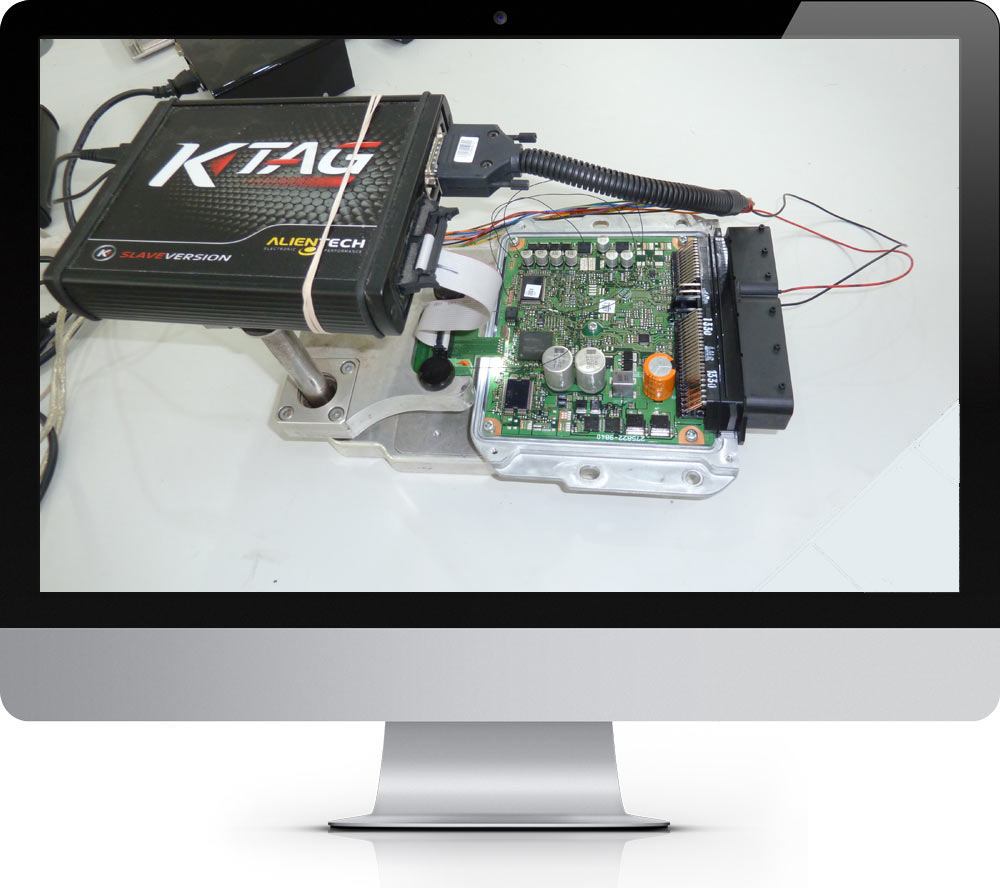The Differences Between Performance Chips & Tuners
The Differences Between Performance Chips & Tuners
Blog Article
The Differences Between Performance Chips & Tuners
When it comes to car tuning, performance chips and tuners are two of the most common ways to improve your vehicle’s performance. Both offer significant power gains, better throttle response, and improved fuel efficiency, but they work in different ways and offer different levels of customization. Understanding the key differences between these two options is essential for selecting the right modification for your needs.

What are Tuners?
A tuner (also referred to as an ECU tuner or performance tuner) is a device or software that allows you to make deeper, more customizable changes to your car’s ECU. Unlike performance chips, tuners let you reprogram or remap the ECU, giving you the freedom to adjust various parameters like fuel injection, timing, boost pressure, and more. Tuners are typically used by serious enthusiasts who want to extract maximum performance from their vehicles.
Key Features of Tuners:
Customizable Tuning: Tuners allow for far more customization compared to performance chips. You can adjust specific parameters to match your car’s setup, whether it’s for daily driving, track use, or drag racing.
Multiple Tunes: Tuners allow you to load different “tune files” based on driving conditions or goals. For instance, you can have one tune for daily driving, another for performance driving, and a third for fuel economy.
Data Logging: Advanced tuners offer features like data logging, which allows you to monitor your car’s performance in real-time. This helps you make more informed tuning files decisions and ensures that your car is running optimally.
Software-Based: Many tuners come with software that connects to your car’s ECU through an OBD-II port. You can use a laptop or mobile device to adjust the tune and upload it to your car.
Pros of Tuners:
High Customization: Tuners allow you to make detailed adjustments to your car’s ECU, including modifying fuel maps, ignition timing, and turbo settings.
More Control: You can fine-tune the car for specific goals, whether it's performance, fuel efficiency, or a balance of both.
Real-Time Feedback: Many tuners have data logging capabilities that let you monitor important engine parameters while driving, giving you better insight into your vehicle’s performance.
Future-Proof: Tuners allow you to make adjustments over time. As you add more aftermarket parts (such as a turbo or cold air intake), you can adjust the tune to accommodate those changes.
Cons of Tuners:
Complexity: Tuners generally require a bit more technical know-how and may not be as simple to use as a performance chip. Professional tuning may also be necessary for optimal results.
Cost: Tuners are typically more expensive than performance chips, particularly when you factor in the cost of professional tuning and customization.
Potential for Errors: Improper tuning or aggressive adjustments could lead to engine damage if not done correctly. It’s important to understand the modifications you’re making. Report this page